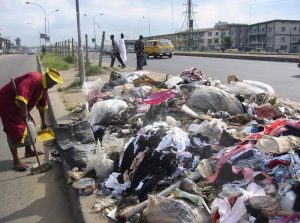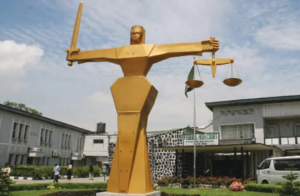
Deputy Speaker of the House of Representatives, Benjamin Kalu, has raised alarm over a severe humanitarian crisis in Nigeria’s Southeast region, revealing that more than 268,000 internally displaced persons (IDPs) are currently spread across 158 camps in the area.
Speaking at a roundtable discussion with international non-governmental organizations (INGOs) in Abuja on Monday, Kalu highlighted the plight of the displaced individuals, who face inadequate access to clean water, healthcare, and education.
“The Southeast geopolitical zone of Nigeria is grappling with a severe humanitarian crisis, characterized by displacement, violence, and ecological challenges,” Kalu said during the event titled “Through Their Eyes: A Call to Action, Addressing Humanitarian Challenges in the Southeast.”
The meeting was organized by the Office of the Deputy Speaker in partnership with the Peace in Southeast Project (PISE-P).
Grim Realities of Displacement
According to Kalu, the crisis primarily affects the states of Enugu, Imo, Abia, Anambra, and Ebonyi. He lamented the precarious living conditions in the camps, noting that many IDPs lack adequate shelter and face threats to their survival.
“Reports presented today underscore the grim realities: over 268,000 internally displaced persons (IDPs) are spread across 158 camps and affected communities. Their living conditions are dire, with many without access to clean water, adequate shelter, healthcare, and education,” he added.
Call for Collaboration
Kalu emphasized the need for collaborative efforts between the government, INGOs, and other stakeholders to address the ongoing crisis. He called for immediate humanitarian interventions alongside long-term sustainable development initiatives to improve the living conditions of the displaced population.
“A special welcome to this roundtable underscores the pivotal role of collaboration in addressing Nigeria’s humanitarian, ecological, and systemic challenges,” he stated.
The Southeast region has been plagued by issues of violence, ecological degradation, and abandonment of development projects, further compounding the challenges faced by its residents. Kalu’s remarks serve as a call to action for all stakeholders to alleviate the suffering of the displaced and ensure sustainable solutions to prevent future crises.








